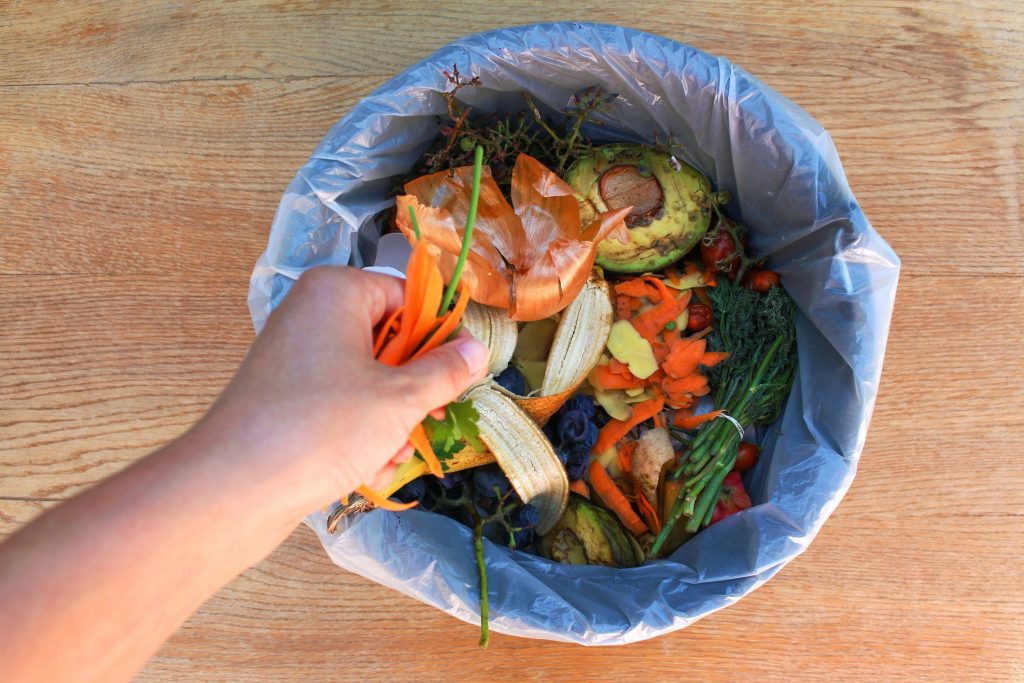
Don’t throw food away: tips for reducing waste
Millions of tonnes of food end up in the trash every year, but everyone can reduce waste if you plan and are creative in the kitchen.
Think back, have you ever thrown away a pear because it’s ugly and unappetising? Or done the same with a yoghurt that was forgotten in the corner of the fridge, past its ‘best before’ date?
Throwing away food has consequences for the planet. Here’s a fact that paints a bleak picture: more than 1.3 billion tonnes of food are wasted every year, approximately one third of the food produced in the world for human consumption.
For more information, see this infograph.
Tips to prevent waste
There are a number of tips you can follow at home to reduce food waste:
- Buy only what you need. Plan your meals and make a shopping list. Avoid impulse buys. You’ll reduce waste and save money.
- Select ugly fruits and vegetables. These types of vegetables end up in the garbage simply because they do not meet aesthetic standards. However, their taste and nutritional properties are the same.
- Understand dates: ‘Consume before by’ indicates a date when it is safe to consume the food. ‘Best before’ means that the quality of the food is better before that date, but it is still safe for consumption after that date. ‘Expires’ is useful for inventory rotation for manufacturers and retailers.
- Smartly store your food. When you fill your cupboards and refrigerators, put the older products in the front and leave the new ones at the back. Once opened, use airtight containers to keep food cool in the refrigerator or closed packages to prevent insects from entering.
- Reuse your leftovers. If you’ve cooked too much, don’t throw away the leftovers. Freeze a portion for another day or transform it into another dish for the next day. If you’re in a restaurant, follow the ‘less is more’ rule. Choose half a portion if you think a whole one might be too big, and ask for a secure container to bring the extra home. You’ll save both food and money.
- Some food waste is unavoidable. You can install a composting bin for fruit and vegetable skins and peels. This domestic initiative can reduce the impact of climate change.
Sources:
- The Food and Agriculture Organization (FAO) of the United Nations
- Ainia
- Sustainable Development Goals Fund (SDGF)
This post is also available in: Portuguese (Portugal)
